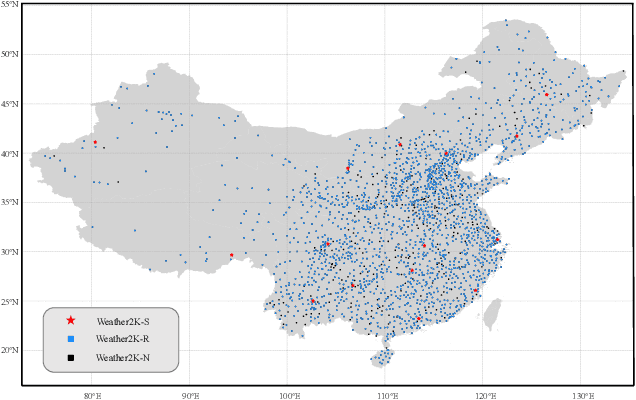Ziheng Yang
MLKD-BERT: Multi-level Knowledge Distillation for Pre-trained Language Models
Jul 03, 2024Abstract:Knowledge distillation is an effective technique for pre-trained language model compression. Although existing knowledge distillation methods perform well for the most typical model BERT, they could be further improved in two aspects: the relation-level knowledge could be further explored to improve model performance; and the setting of student attention head number could be more flexible to decrease inference time. Therefore, we are motivated to propose a novel knowledge distillation method MLKD-BERT to distill multi-level knowledge in teacher-student framework. Extensive experiments on GLUE benchmark and extractive question answering tasks demonstrate that our method outperforms state-of-the-art knowledge distillation methods on BERT. In addition, MLKD-BERT can flexibly set student attention head number, allowing for substantial inference time decrease with little performance drop.
Weather2K: A Multivariate Spatio-Temporal Benchmark Dataset for Meteorological Forecasting Based on Real-Time Observation Data from Ground Weather Stations
Feb 21, 2023



Abstract:Weather forecasting is one of the cornerstones of meteorological work. In this paper, we present a new benchmark dataset named Weather2K, which aims to make up for the deficiencies of existing weather forecasting datasets in terms of real-time, reliability, and diversity, as well as the key bottleneck of data quality. To be specific, our Weather2K is featured from the following aspects: 1) Reliable and real-time data. The data is hourly collected from 2,130 ground weather stations covering an area of 6 million square kilometers. 2) Multivariate meteorological variables. 20 meteorological factors and 3 constants for position information are provided with a length of 40,896 time steps. 3) Applicable to diverse tasks. We conduct a set of baseline tests on time series forecasting and spatio-temporal forecasting. To the best of our knowledge, our Weather2K is the first attempt to tackle weather forecasting task by taking full advantage of the strengths of observation data from ground weather stations. Based on Weather2K, we further propose Meteorological Factors based Multi-Graph Convolution Network (MFMGCN), which can effectively construct the intrinsic correlation among geographic locations based on meteorological factors. Sufficient experiments show that MFMGCN improves both the forecasting performance and temporal robustness. We hope our Weather2K can significantly motivate researchers to develop efficient and accurate algorithms to advance the task of weather forecasting. The dataset can be available at https://github.com/bycnfz/weather2k/.
 Add to Chrome
Add to Chrome Add to Firefox
Add to Firefox Add to Edge
Add to Edge